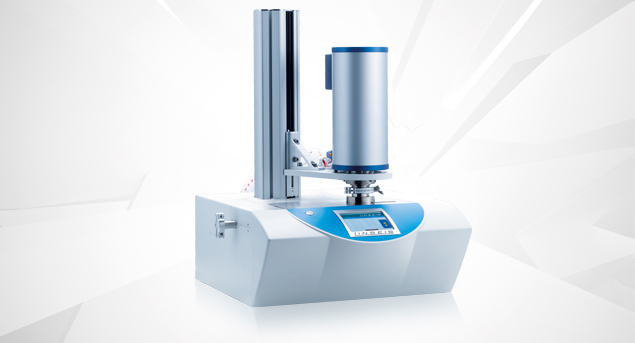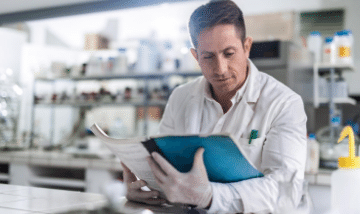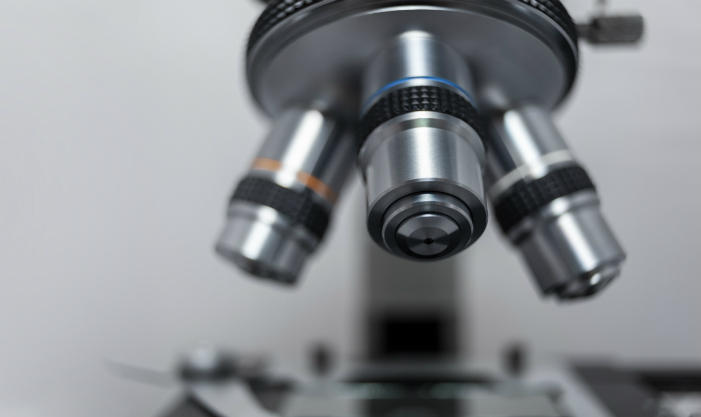Differential Thermal Analyzer
Measurement Setups for Differential Thermal Analysis (DTA)
The Differential Thermal Analysis (DTA) is a very popular thermal analysis technique to measure endothermic and exothermic transitions as a function of temperature. The instrument is used to characterize pharmaceuticals, food/biologicals, organic chemicals and inorganics. Transitions measured include glass transitions, crystallization, melting and sublimation.
DTA differential thermal analysis equipment also characterizes properties such as cross-linking, decomposition, volatilization, coefficient of thermal expansion and oxidation. Linseis is proud to provide DTA thermal analysis equipment that can be used across a wide range of applications and multiple industries. Our instruments offer several advantages when compared to other models.
The modular concept of the DTA systems allows the use of different furnaces with a temperature range from -150 up to 2400°C and many differente measuring systems and different crucibles available.
The vacuum tight design enables quantitiative enthalpy determination under cleanest atmospheres as well as under vacuum of 10E-5 mbar. Additionally the systems can be coupled to a MS or FTIR.
Differential Thermal Analysis instrument and application standards such as: ASTM C 351, D 3417, D 3418, D 3895, D 4565, E 793, E 794, DIN 51004, DIN 51007, ISO 10837 are met by our DTA (Differential Thermal Analyzer).
You are interested in a DTA?
You need more information?
Contact our application experts!






